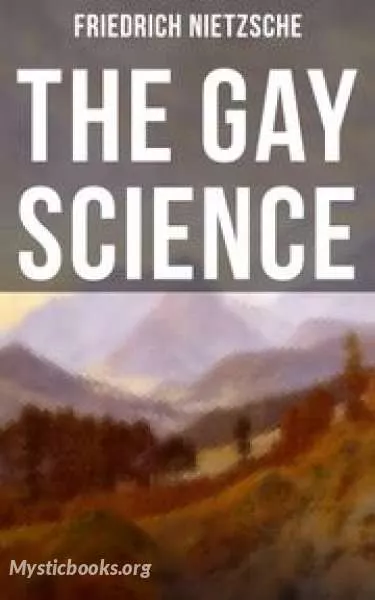
The Joyful Wisdom, or The Gay Science
'The Joyful Wisdom, or The Gay Science' Summary
The book is usually placed within Nietzsche's middle period, during which his work extolled the merits of science, skepticism, and intellectual discipline as routes to mental freedom. The affirmation of the Provençal tradition (invoked through the book's title) is also one of a joyful "yea-saying" to life.
In The Gay Science, Nietzsche experiments with the notion of power but does not advance any systematic theory.
Eternal recurrence
The book contains Nietzsche's first consideration of the idea of the eternal recurrence, a concept which would become critical in his next work Thus Spoke Zarathustra and underpins much of the later works.
What if some day or night a demon were to steal after you into your loneliest loneliness and say to you: 'This life as you now live it and have lived it, you will have to live once more and innumerable times more' ... Would you not throw yourself down and gnash your teeth and curse the demon who spoke thus? Or have you once experienced a tremendous moment when you would have answered him: 'You are a god and never have I heard anything more divine.
"God is dead"
Here is also the first occurrence of the famous formulation "God is dead", first in section 108.
After Buddha was dead, people
showed his shadow for centuries afterwards in a
cave,—an immense frightful shadow. God is dead:
but as the human race is constituted, there will
perhaps be caves for millenniums yet, in which
people will show his shadow.—And we—we have
still to overcome his shadow!
Section 125 depicts the parable of the madman who is searching for God. He accuses us all of being the murderers of God. "'Where is God?' he cried; 'I will tell you. We have killed him—you and I. All of us are his murderers..."
Book Details
Language
EnglishOriginal Language
GermanPublished In
1882Authors
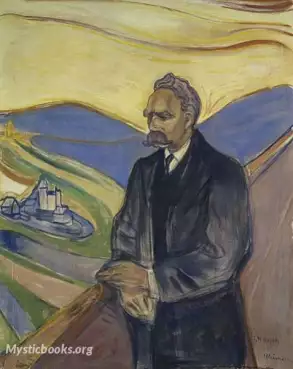
Friedrich Nietzsche
Germany
Nietzsche's writing spans philosophical polemics, poetry, cultural criticism, and fiction while displaying a fondness for aphorism and irony. Prominent elements of his philosophy include his radical c...
Books by Friedrich NietzscheDownload eBooks
Listen/Download Audiobook
- Select Speed
Related books
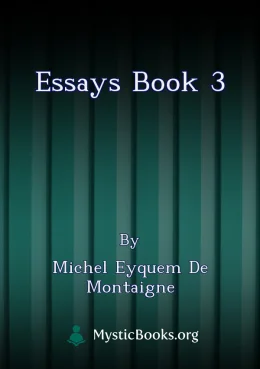
Essays book 3 by Michel Eyquem de Montaigne
Michel de Montaigne's *Essays* is a collection of personal reflections on a wide range of topics, from the nature of friendship and the pursuit of kno...
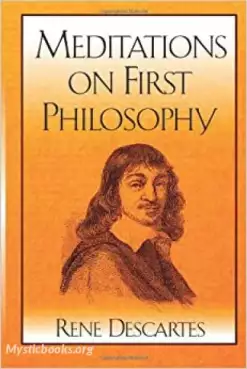
Meditations on First Philosophy by René Descartes
Meditations on First Philosophy, in which the existence of God and the immortality of the soul are demonstrated is a philosophical treatise by René De...
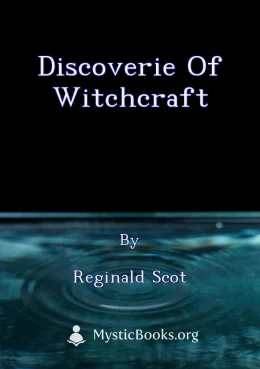
Discoverie of Witchcraft by Reginald Scot
Discoverie of Witchcraft is a seminal work in the history of witchcraft studies. Published in 1584, it was one of the first books to challenge the pre...
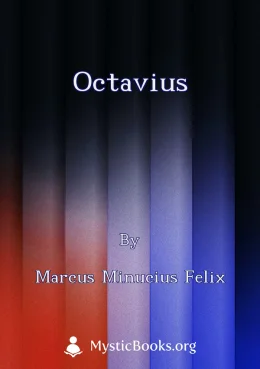
Octavius by Marcus Minucius Felix
Octavius is an ancient Roman dialogue that explores the religious beliefs and debates of the early Christian era. Through a conversation between a Chr...
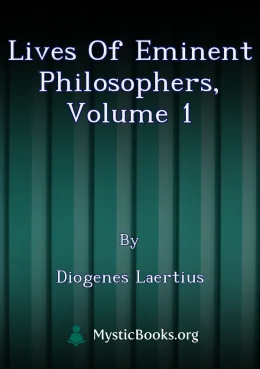
Lives of Eminent Philosophers, Volume 1 by Diogenes Laertius
Diogenes Laertius' *Lives of Eminent Philosophers* is a comprehensive biographical and philosophical work that explores the lives and teachings of maj...

Selected Essays of Michel de Montaigne by Michel Eyquem de Montaigne
Michel de Montaigne's Selected Essays is a collection of personal and philosophical essays that explore a wide range of topics, from the nature of kno...
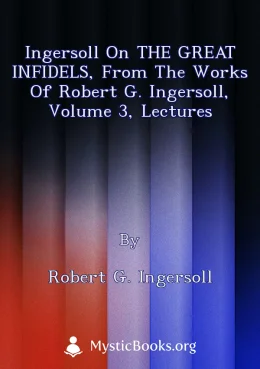
Ingersoll on THE GREAT INFIDELS, from the Works of Robert G. Ingersoll, Volume 3, Lectures by Robert G. Ingersoll
In this volume of lectures, Robert Ingersoll, one of the most famous orators of his day, presents his thoughts on some of the most influential figures...
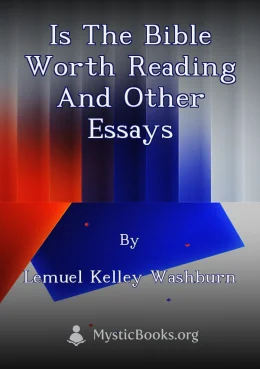
Is the Bible Worth Reading and Other Essays by Lemuel Kelley Washburn
This collection of essays by Lemuel Kelley Washburn, a prominent American freethinker and editor of the *Boston Investigator*, delves into various asp...
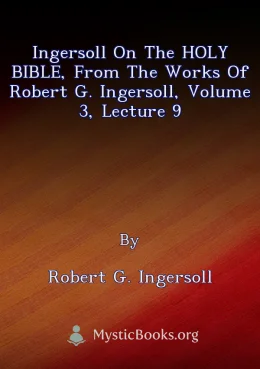
Ingersoll on The HOLY BIBLE, from the Works of Robert G. Ingersoll, Volume 3, Lecture 9 by Robert G. Ingersoll
Robert G. Ingersoll, known as 'the greatest infidel' of the 19th century, delivers a powerful and controversial lecture challenging the authority and...
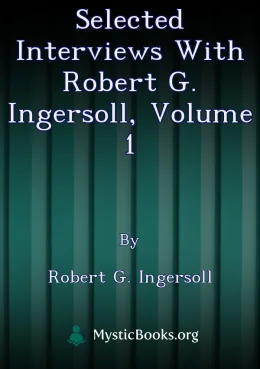
Selected Interviews with Robert G. Ingersoll, Volume 1 by Robert G. Ingersoll
This book compiles 30 published interviews with Robert G. Ingersoll, a prominent 19th-century American lawyer, orator, and advocate for freethought....
Reviews for The Joyful Wisdom, or The Gay Science
No reviews posted or approved, yet...